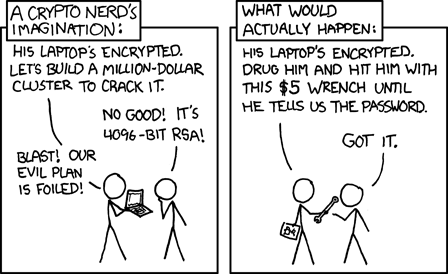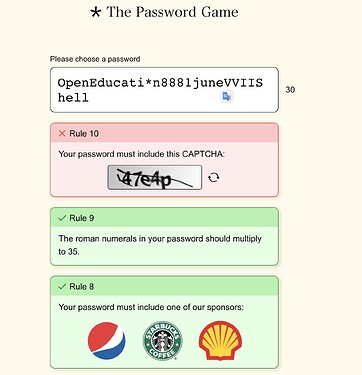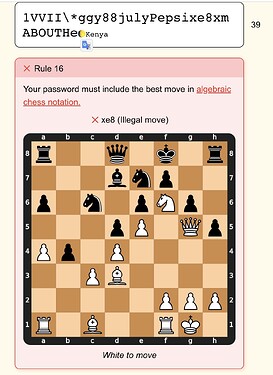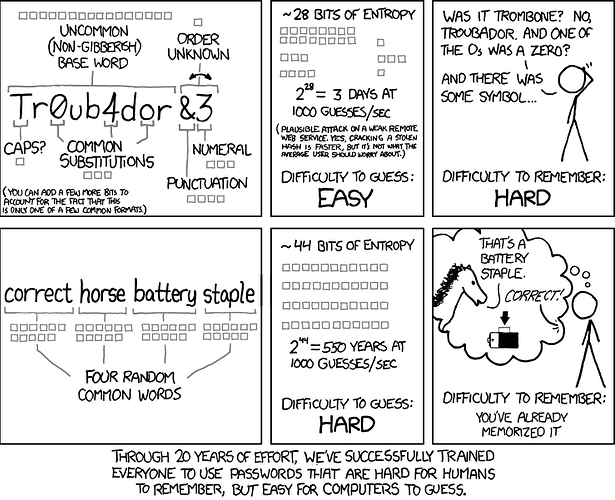I started writing a reply explaining how this works and then I remembered there’s GPT-4, so I outsourced the job (emphasis mine): 
The rationale behind this is that the strength of a password is mainly determined by its entropy, which is a measure of its unpredictability. Entropy increases with length and complexity. While a string of random characters may seem more complex, a sufficiently long string of random words can actually have more possible combinations, thus higher entropy.
For example, consider a 10-character password with a mix of uppercase and lowercase letters, numbers, and symbols. There are about 72^10 possible combinations (if we consider around 26 lowercase letters, 26 uppercase letters, 10 digits, and 10 symbols). On the other hand, if you pick four random common words from a list of 2048 (a number chosen because it’s roughly the number of words a person could easily remember), there are about 2048^4 possible combinations, which is a much larger number.
Furthermore, a string of words can be easier for humans to remember than a string of random characters. In the xkcd comic, the memorable password phrase is “correct horse battery staple”, which might be easier to remember because it tells a weird little story.
That being said, this does not mean that simply stringing together common words is the best approach. If the words are not chosen randomly (for example, if they form a common phrase or are related to each other in an obvious way), then this reduces the number of possible combinations and makes the password easier to guess. The words must be truly random, and they must not be guessable based on what an attacker knows or can find out about you.
In addition, there are other factors to consider when creating a strong password, such as not reusing passwords across multiple sites and changing your passwords regularly. Using a password manager can help with these tasks. It’s also increasingly common to use two-factor authentication, which provides an additional layer of security.
And after pasting the GPT-4 answer I remembered there’s Explain XKCD:
Should have thought of this sooner! 
You bring up another important point about security discussed in XKCD #538, @cogdog (CC-BY-NC 2.5):

![]()



